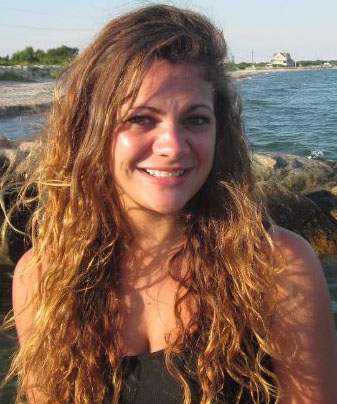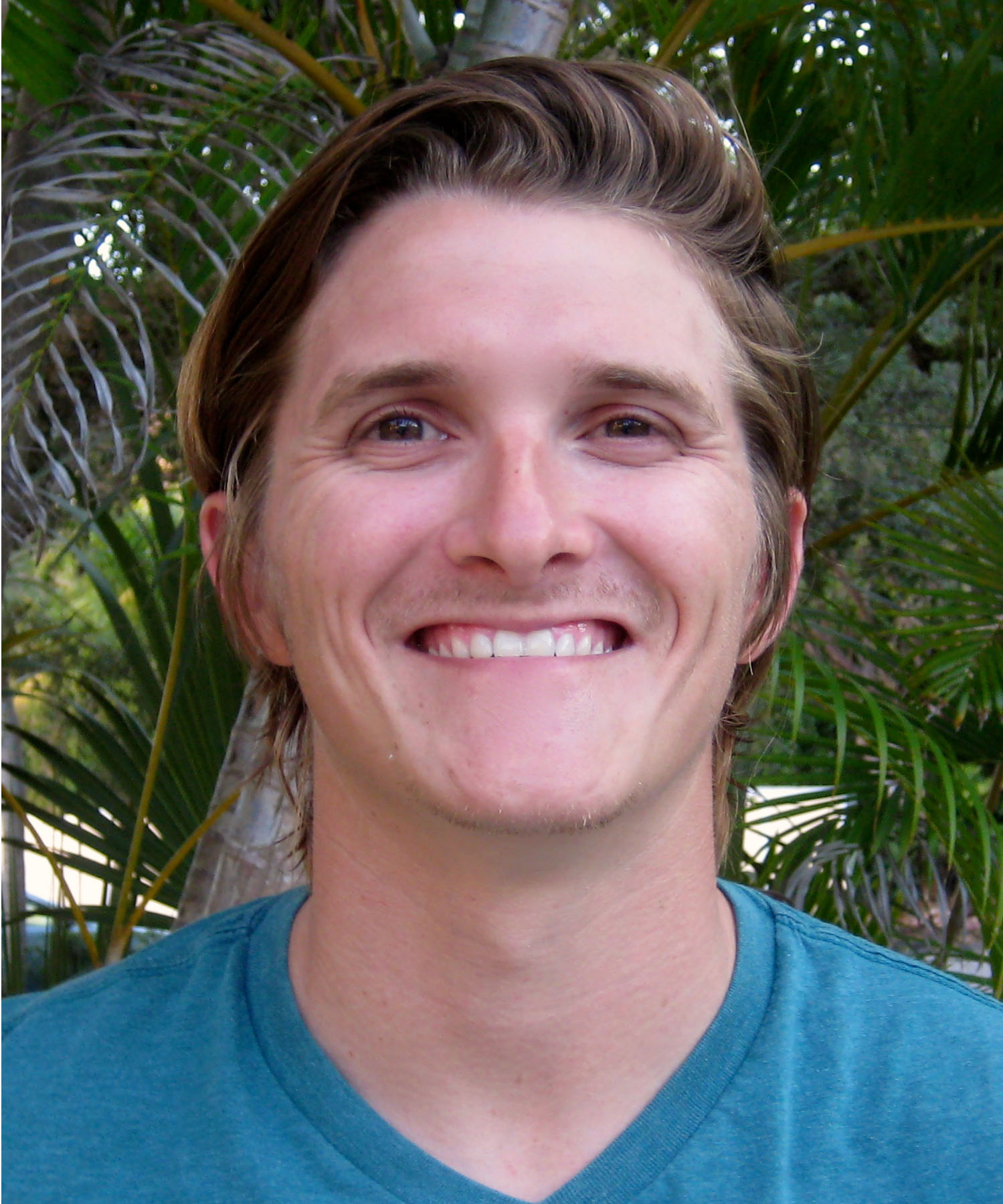Seven graduate students at universities in Florida have received Guy Harvey Scholarship Awards, recognizing their outstanding achievement in marine science research. The following winners received $5,000 scholarships:
- Ed Camp, University of Florida
- Bianca Prohaska, Florida State University
- Diana Churchill, Florida International University
- Geoff Smith, University of Florida
- Kristina Deak, University of South Florida
- Joseph Curtis, University of South Florida
- Kristian Rogers, University of Miami
The scholarship, established in 2010 through a partnership between Florida Sea Grant and the Guy Harvey Ocean Foundation, recognizes students at Florida universities whose research focuses on the biology, ecology, habitat or management of fish in Florida’s marine environment. Since the award was established, $84,000 in scholarships has now been given to 19 students at nine different Florida universities.
Recipients also receive a certificate designed and signed by well-known marine wildlife artist and conservationist Guy Harvey. So far, awards have been given to students at at the University of Florida, Florida State University, University of Central Florida, University of South Florida, University of Miami, University of North Florida, Florida Atlantic University, Florida International University and the Florida Institute of Technology.
“This year a record number of students, 56, applied for the Guy Harvey Scholarship, from universities across the state,” said Karl Havens, director of Florida Sea Grant. “The recipients of the scholarship are the best and brightest of Florida’s college students who are conducting research dealing with marine fish or fisheries management issues.”
Steve Stock, president of the Guy Harvey Ocean Foundation, agreed. “We are delighted that this scholarship program is having such an impact, both in regard to supporting Florida college students and in supporting important research projects,” Stock said. “The partnership with Florida Sea Grant has been good for us, and good for aspiring marine science students and our oceans.”
This year’s research projects range from evaluating how the Gulf of Mexico oil spill may have affected reproduction in marine fish to experimenting with different management strategies to control lionfish, an invasive species that has caused problems in Florida waters.
Ed Camp, a Ph.D. student with the Fisheries and Aquatic Sciences Program at UF’s School of Forest Resources and Conservation, is studying how stocking redfish—raising them in hatcheries and then releasing them into the wild—might affect the wild populations and the fishery as a whole.
“It is really important that we understand not only how fish populations are affected by management, but also how this change and the management strategies themselves can affect the satisfaction of people who care about these important fisheries,” said Camp, who plans to work for a university or federal agency after he graduates.
Bianca Prohaska, a Ph.D. student studying ecology and evolution at FSU’s Coastal and Marine Laboratory, is investigating potential effects of the Deepwater Horizon oil spill on the reproductive and stress physiology of sharks, skates and rays. She is also looking at how fishing pressures on these organisms affect their physiology.
Dean Grubbs, associate director of research at FSU’s Coastal and Marine Lab, and Prohaska’s graduate adviser, said he had no hesitation when recommending her for the award.
“I believe she will become a star in her field,” Grubbs said. “Bianca is conducting novel research that is of great interest to all those interested in the effects of the Deepwater Horizon oil spill. I believe Bianca’s work fits the mission of the Guy Harvey Scholarship program very well and she is an excellent candidate for the award.”
Diana Churchill, a Ph.D. student studying biology at FIU, is using biochemical tracers to examine deep sea animals in the Gulf of Mexico, such as sharks, bony fish, giant isopods and hagfish. Her goal is to gather baseline data to assess and monitor human impacts on this unique community of organisms.
“The Guy Harvey Fellowship will allow me to run more sophisticated stable isotope analyses that I would not have been able to do otherwise,” said Churchill, who hopes to land a job that combines education and research in the future. “This is a great fellowship opportunity for Florida students to support their own research with money that would not otherwise be available through their departments or universities.”
Geoff Smith, a Ph.D. student with the Fisheries and Aquatic Sciences Program at UF’s School of Forest Resources and Conservation credits his love of the ocean to time on his parents’ commercial grouper vessel. He is researching the potential negative impacts of pike killifish, a non-native fish, on common snook in Tampa Bay.
“In Tampa Bay, pike killifish are found in the same locations and use the same type of habitat as juvenile snook,” Smith said. “Pike killifish primarily eat other small fishes, and there is concern that pike killifish may prey on juvenile snook or compete with them for food.”
Kristina Deak, a master’s student at USF is studying how the Deepwater Horizon oil spill affected the immune system of fish, particularly red snapper and golden tilefish. Her primary focus is on cytokines, or proteins released by cells, which are key regulators of the inflammatory response.
Steven A. Murawski, endowed chair of biological oceanography at USF, and Deak’s graduate adviser, strongly recommended her for the award.
“Her research is already attracting high visibility in the research and pharmaceutical communities,” Murawski said. “I have no doubt that her work will be viewed as pioneering.”

Joseph Curtis
Joseph Curtis, a master’s student in the Fish Ecology Laboratory at USF, is examining how the presence of lionfish in Biscayne National Park are affecting local predators, specifically the graysby, a small grouper species.
“I firmly believe in the importance of research that aids the protection of Florida’s fish resources,” Curtis said. “Since my own research revolves around negative effects of the lionfish invasion, which could have drastic implications for Florida’s fisheries, the Guy Harvey Scholarship seems like a fantastic opportunity to help fund and publicize my work.”
Kristian Rogers, a master’s student at UM, is also interested in lionfish. He currently works for Biscayne National Park as a lionfish remediation intern, where he is testing the efficacy of traps to control the lionfish population.
Roger’s advisor, Evan D’Allessandro, an assistant professor at the Rosenstiel School of Marine and Atmospheric Science, believes that Rogers work is timely and needed.
“I have worked extensively both in the classroom and laboratory and in the field with Kristian and find him to be extremely motivated, competent, and passionate about his work with lionfish,” D’Allessandro said. “This work is extremely important considering the widespread deleterious effects this invasive species is expected to have on native fish populations and habitats, and the inefficiency of pole-spear removals.”
The Guy Harvey Ocean Foundation is an organization of philanthropists, conservationists, scientists and educators that emphasizes sensible strategies for promoting ocean conservation and the development of the next generation of marine scientists. The foundation funds research and educational programs developed by universities, colleges, institutes and nonprofit organizations. Learn more about the Guy Harvey Scholarships winners on our Current Fellows page, or learn more about the scholarship itself.
http://www.marinelab.fsu.edu/staff/graduatestudents.html









